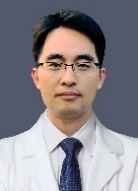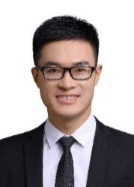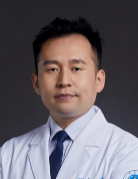1. Under the one-on-one guidance of our experienced mentors, you will learn and master pathogen identification technologies in clinical laboratories, such as PCR, high-throughput sequencing, gene chips, and mass spectrometry.
2. You will interact directly with mentors, and in addition to routine pathogen detection work, you will have the opportunity to participate in clinical scientific research of interest. Our mentors have extensive research experience and publish over 30 papers annually.
3. You will participate in the review and interpretation of complex diagnostic results (such as metagenomic high-throughput sequencing) on a daily basis, working as part of a small team with our interpretation team. During the result review process, you will learn from mentors about the biological characteristics of pathogens, the relationship between microorganisms and host responses, and other specialized knowledge. For rare and typical cases, we will also conduct teaching sessions.
4. Leveraging the National Infectious Disease Center platform in our hospital, you will have ample opportunities to initiate clinical research projects of interest during your training.
5. We offer a robust theoretical training program, including monthly meetings introducing new pathogen diagnostic technologies, weekly literature review sessions, and academic conferences with international teams within the hospital.




